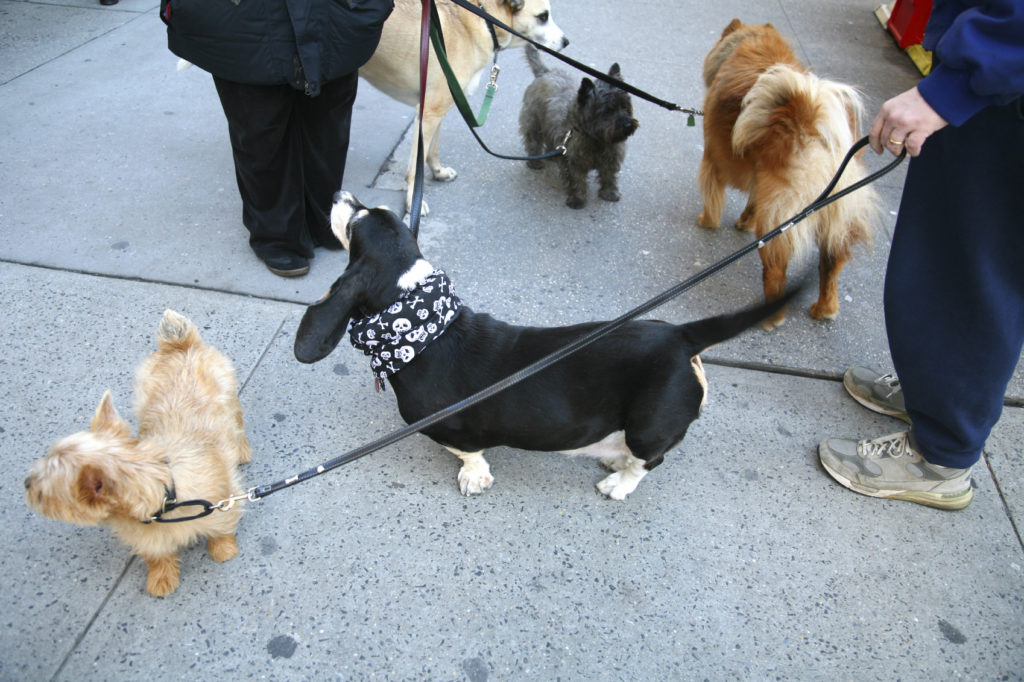 Imagine a Bedouin hunting in the desert. The temperature is close to 120 degrees, too hot for horses to move beyond a plod. The desert hare, or dinner, is out of shooting range. Enter the Saluki. Light-boned and sharp-eyed, with the lung capacity of a cheetah. An expert hunter, specialized for this harsh environment, this dog is a partner the Bedouin depends on for his survival.
Imagine a Bedouin hunting in the desert. The temperature is close to 120 degrees, too hot for horses to move beyond a plod. The desert hare, or dinner, is out of shooting range. Enter the Saluki. Light-boned and sharp-eyed, with the lung capacity of a cheetah. An expert hunter, specialized for this harsh environment, this dog is a partner the Bedouin depends on for his survival.
Now consider a pack of huskies in the Arctic. They do more than pull the sled. They alert the Inuit to weaknesses in the ice surface. Locate air holes that give away the presence of seals. Warn of approaching polar bears. The huskies are born on the ice and live their entire lives without seeing the inside of a house.
Such scenarios, common in our recent past, are moving into the pages of history books. The main occupation for the modern dog? Companion. Twenty years ago, 51 million dogs shared our homes; today, 78 million do. Meanwhile, we have moved into cities and suburbs in unprecedented numbers. A dog’s life now takes place in houses and apartments, in parks, in suburban backyards, and on sidewalks thronged with people and other dogs. Dogs have become family members. We buy them toys, we have their teeth cleaned, we take them to classes. They accompany us on vacation and to the office.
But amid this loving assimilation of dogs into the inner sanctum of the family universe, we tend to forget that dogs are, well, dogs. Our tolerance for natural canine behavior shrinks year by year. We frown on barking. We dislike scuffles among dogs. Biting, naturally, is abhorred.
The Saluki in the desert and the huskies on the ice, then, are reminders of a time when dogs had vast spaces around them, physically taxing jobs, and license to bark, jump, pull, dig, and bite if threatened. We radically altered the environment of dogs in what amounts to an evolutionary blink of an eye. It’s up to us to help them be successful in our world by providing plenty of training, exercise, and stimulation. In return, they’ll follow us wherever we go.

